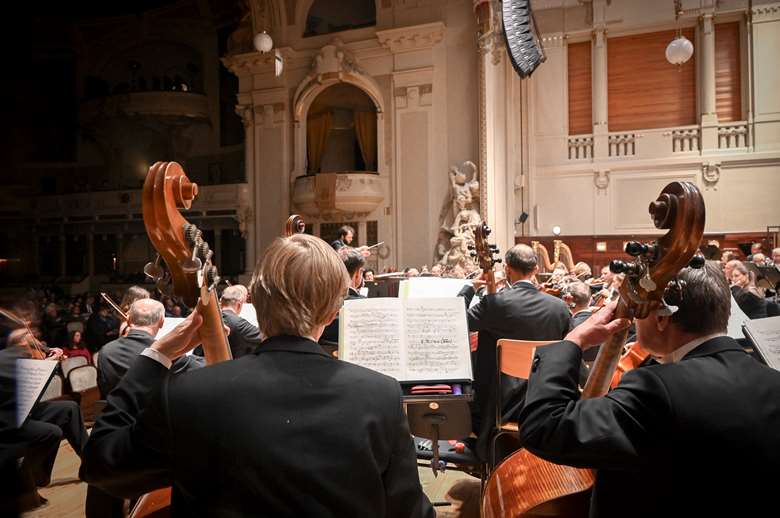From festival director to parliament: Roman Belor moves to a new seat
Simon Mundy
Monday, May 30, 2022
Simon Mundy talks to Prague Spring Festival director Roman Belor about the festival's history and what the festival is offering in this, his final year in the role.


Register now to continue reading
Don’t miss out on our dedicated coverage of the classical music world. Register today to enjoy the following benefits:
- Unlimited access to news pages
- Free weekly email newsletter
- Free access to two subscriber-only articles per month